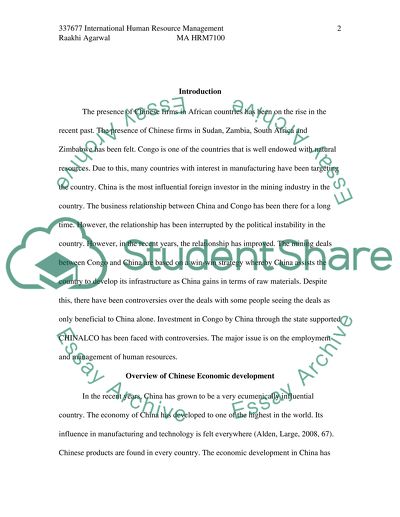Cite this document
(“International Human Resourse Management Essay Example | Topics and Well Written Essays - 2250 words”, n.d.)
Retrieved from https://studentshare.org/miscellaneous/1510454-international-human-resourse-management
Retrieved from https://studentshare.org/miscellaneous/1510454-international-human-resourse-management
(International Human Resourse Management Essay Example | Topics and Well Written Essays - 2250 Words)
https://studentshare.org/miscellaneous/1510454-international-human-resourse-management.
https://studentshare.org/miscellaneous/1510454-international-human-resourse-management.
“International Human Resourse Management Essay Example | Topics and Well Written Essays - 2250 Words”, n.d. https://studentshare.org/miscellaneous/1510454-international-human-resourse-management.


